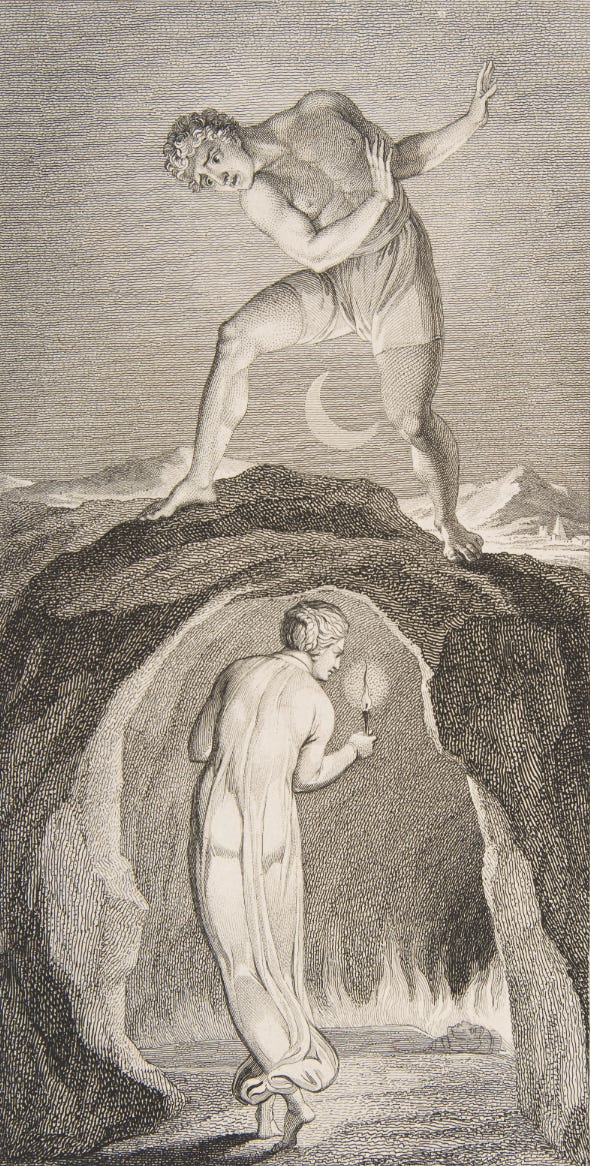We can imagine that Western Civilization is like this composite of silt that settled down over us, and underneath this silt, underneath this contemporary visioning of psychology, is the indigenous soul.
It is the carrier of our ancestral inheritance. Of our capacity to ensure physical, emotional, and spiritual well being for the community and for ourselves.
The indigenous soul retains a sensitivity to the deep rhythms of earth and to slow culture. We're a hypomanic culture, and the indigenous soul has a very hard time finding a footing here. Because its rhythms are so antagonistic to its style of being. It's looking for places of slow culture, where there is dance, and song, and ritual, and shared food. That's slow culture.
The indigenous soul has many names. Laurens van der Post was a semi-anthropologist who was born and raised and lived in South Africa. And he became very, very dear friends to the Kalahari San Bushmen, and their term for it was First Spirit. They called it the First Spirit within human beings.
Paul Shepard, who wrote prolifically around the ideas of human evolution, human growth and our arrival at the Pleistocene, he called this part of us the Original Human. He also called it “the secret person undamaged in every individual.”
What if there's a secret person undamaged in you? What if that's true? I would go looking for that person. You know, that would be a good visit to sit down with this secret undamaged person inside of me. Tibetan teacher Chögyam Rinpoche called it “the sanity we are born with.” And we come in with this deep layer of sanity.
We know how to be human beings, if we're allowed to. Michael Meade called it the Inner Ancestor. Someone in touch with this lineage. Cultural historian Theodore Roszak called it the Ecological Unconscious, to kind of go along with Jung's idea of the Collective Unconscious. And then Jung, not to be outdone, called it the unforgotten wisdom at the core of who we are. He said, in the last analysis, most of our difficulties come from losing contact with our instincts, with the age-old, unforgotten wisdom stored up in us. He called it the two million year old man within us.
I love this idea of the unforgotten wisdom. We're still carrying it. It's still in us. We think we have to look all over the place for it. I remember once we had Malidoma Somé come up and give a talk in Sebastopol, and someone asked a question about “what ritual should I do for a certain situation?” And he says, “do you think I have a handbook, you know, on page 274, you do this ritual?” He said, “you have to remember, you are page 274.” We are ritually imagining creatures. That's part of our unforgotten wisdom. We know how to do this. So I just thought to myself, what is at the heart of this wisdom stored up in us?
First of all, there's a way to know true belonging. Paul Shepard talked about the three mothers. Three mothers. There's the village, there's nature, and there's the cosmos. That you are mothered constantly by these three presences in our life. Not to mention your own birth mother. So maybe there's four mothers.
So what's stored up in the indigenous soul is a value of living wild and free.
From Francis Weller, Living a Soulful Life and Why It Matters






beautiful piece...i sometimes wonder about the Roszaks ecological unconscious, that somewhere deep and buried in our ancient DNA we have a vast and spiritual connection to plants, animals, and the cosmos....a kind of magical animism. Today this perception has shifted to technology worship. We somehow forgot (perhaps lost in someone elses story) it was our first relationship, it is after all 'human nature'